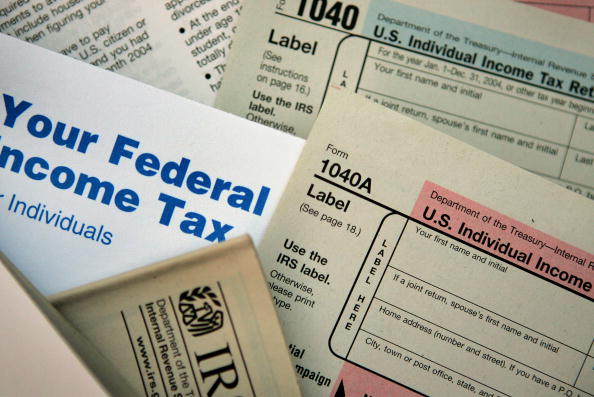
Filing your income taxes can be a huge headache for many; for everyone, really. While you certainly do not have to be a tax professional to do your own taxes, it is helpful to understand what it is you are being asked for and what it is you are providing to the IRS as far as your personal information is concerned. For the most part, those who have an annual income less than $100k and those who have no income other than this can file their taxes in a matter of moments and without any real stress. Others have more complex returns and require the use of a tax product such as an accountant or a service such as TurboTax, Tax Act, H&R Block or one of the other popular tax filing services. With that said, it helps to know that some of what you think you know about taxes is really just a myth.
You Don’t Have to File if You Are Due a Refund
Okay, so it’s true that the IRS isn’t going to throw you in jail for not filing a return if you are due a refund. If you don’t file within 3 years of the tax year you are due, they get to keep their money. They don’t care. However, you will find that it is not an option to simply skip filing. You’ll need to file if you plan on filing out student loan paperwork, buying a home or doing many other financial things. Filing a return is required; all the time.
Working From Your Couch at Home Means You Can Claim a Home Office
If you sometimes bring work home and do it at your dining room table, the bar or even in a dedicated office, that’s fine. However, unless your home is your primary place of business at all times, you cannot claim that it is your home office and deduct it as such.
If You’re Married, You Must File Together
Not entirely true; friends. If you make very little and have a very uncomplicated tax return, you might want to file together simply because you get better deductions and better bonuses. However, if you make a lot of money and you file together, you might lose money. You’re in a higher tax bracket and that means you pay more taxes. If you file separately, you might find that you are able to file separately to a great financial advantage.
If You File An Extension, You Don’t Have to Pay Right Away
False; this is not an excuse not to pay the taxes you owe. When you file an extension, you still have to pay. You’ll need to do a rough estimate of what you might owe this year even if your taxes are not complete and pay that with your extension. If you fail to pay, you will then forfeit paying less and actually pay a 1% penalty on what you do owe. You should send in at least 90% of what you do owe with your extension.
Have as Much Withheld as Possible for a Bigger Refund
Okay, this is true in most cases. However, if you are due a refund but owe an offset to the IRS or to child support or student loans, you’re going to see a bit of an issue. What you will do if your entire refund is seized to pay these offsets? Additionally, even if you are given a refund at the end of the tax year, it is money that you lent the government free and clear of charge without any interest. Save as little as possible in withholding and use your money throughout the year for what you need.
Photo by Getty Images

Comments
Loading…